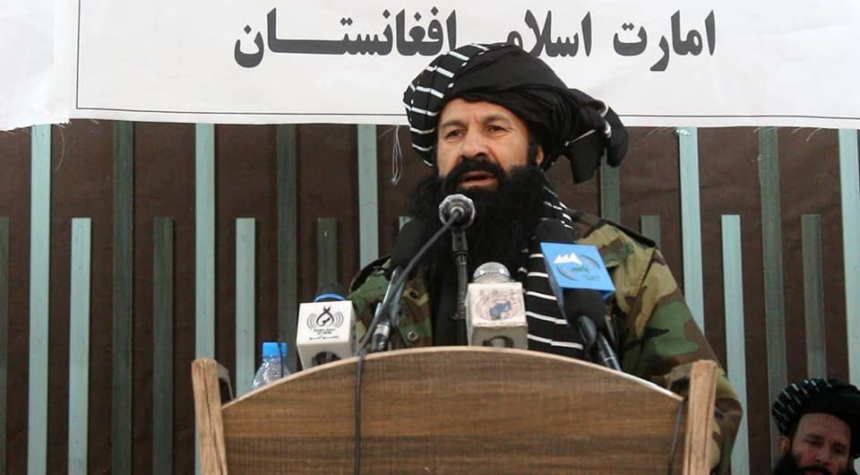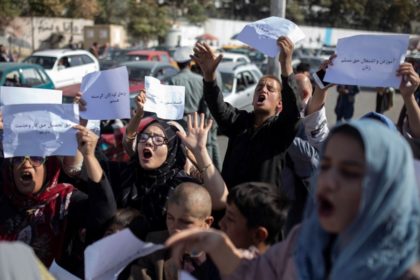RASC News Agency: Khalil-ur-Rahman Haqqani, a prominent member of the Haqqani Network and a significant figure in Afghanistan’s decades-long conflict, has been described as one of the most influential combatants of his era. In an exclusive interview with RASC News Agency, a senior official of the National Resistance Front (NRF) hailed Haqqani’s pivotal role in Afghanistan’s insurgencies, particularly in Paktia, Paktika, and Khost. The NRF official also highlighted his instrumental efforts in resisting former Afghanistan security forces and foreign military operations.
Haqqani’s assassination has been linked to his close ties with Afghanistan’s influential jihadi leaders. According to the NRF insider, Haqqani played a critical role in restoring confiscated properties and financial assets to notable figures, including Abdullah Abdullah, Salahuddin Rabbani, the brothers of Ahmad Shah Massoud, Adib Fahim, Mohammad Mohaqiq, Karim Khalili, Abdul Rab Rasul Sayyaf, Hazrat Ali, and Sayed Mansoor Naderi. These actions, the official suggests, alienated him from the Kandahari Taliban leadership. The NRF source further revealed that Haqqani’s long-standing relationships with these leaders over the past two decades triggered internal tensions, ultimately leading to his elimination by the Kandahari Taliban faction.
Asif Durrani, Pakistan’s former special envoy to Afghanistan, also weighed in on Haqqani’s death during a press briefing in Islamabad. He described the Haqqani Network as a faction that not only challenged the Kandahari Taliban leadership but also maintained active links with global terrorist organizations, including ISIS and Al-Qaeda. Durrani emphasized that Khalil Haqqani’s interactions with both jihadi figures and extremist groups were central to his assassination. India’s investigative journal, The Print, corroborated reports of internal Taliban rifts, citing disputes over taxation in Haqqani-controlled territories as a key factor in Haqqani’s death. The publication painted a broader picture of Taliban infighting, identifying three dominant factions: the Pakistan-backed Haqqani Network, the Iran-supported Mullah Zakir faction, and the U.S.-favored Mullah Baradar bloc.
Haqqani’s assassination, carried out during noon prayers in Kabul by a suicide bomber, was claimed by ISIS. However, political analysts argue that his death reflects deeper ethnic and ideological divisions within the Taliban ranks. Some experts contend that his assassination was orchestrated by internal rivals within the Kandahari faction to eliminate a powerful contender who could disrupt their grip on power. Ultimately, Khalil-ur-Rahman Haqqani, a once-formidable architect of the Haqqani Network’s influence, fell victim to the Taliban’s internal power struggles. His demise underscores the fractured dynamics within the group and the lengths to which its factions will go to preserve dominance in Afghanistan’s volatile political landscape.






